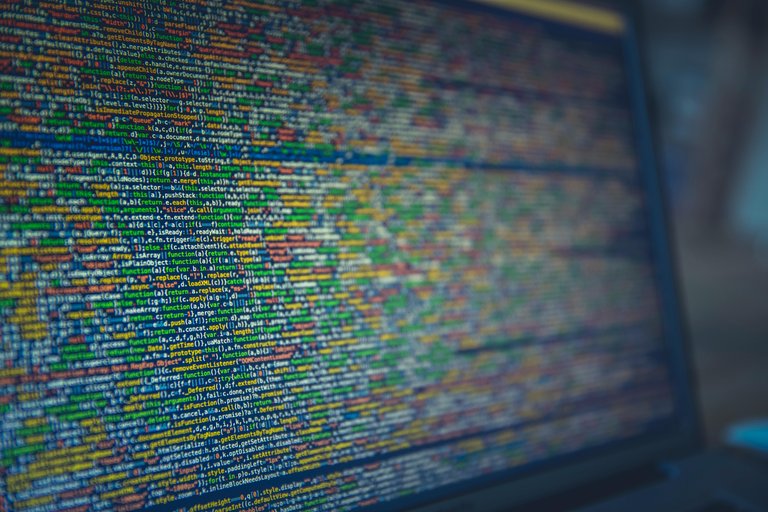An Insidious Beast Of Modern Engineering
What's a modern reality that's overlooked, both in its immense benefit and subtle detriment?
Is it the constant connectivity that blurs the lines between work and life, or the sheer volume of information at our fingertips that can lead to paralysis by analysis?
Maybe it could also be the erosion of privacy in an increasingly transparent digital world, traded for convenience and connection.
Personally and at this point in time, I'm leaning more into believing that it's the pervasive, invisible influence of hyper-personalization driven by algorithms.
As much as I like to parade algorithms as an insidious beast of modern engineering, it'll be dishonest of me to not acknowledge the other side of the spectrum, which I'd like to term as "good convenience."
Puppet Master's Puppet
At its heart, an algorithm is simply a set of instructions or a recipe of sorts for a computer to solve a problem or achieve a goal.
In the context of personalization, these algorithms are constantly observing our digital fingerprints: what we click, what we watch, what we search for, how long we linger on a page..
Then they process this vast ocean of data, identifying patterns and making predictions about our preferences.
As an example, if you frequently buy gardening tools online, an e-commerce algorithm builds a profile around "gardening enthusiast" and surfaces related products or articles.
The "why" behind this infusion of hyper-personalization into our modern world is multifaceted.
From a purely business perspective, I think it's obviously clear that it's about optimizing engagement and increasing revenue because highly personalized experiences keep users on platforms longer and make them more likely to convert.
From a user's perspective however, it's a bit more complex than a simple win.
We're able to cut through the noise, delivering highly relevant content and services that resonate with our individual needs and interests.
But this is where the double-edged sword emerges.
Since this cutting through the noise inadvertently ushers us into what is often called "filter bubbles."
It's debatable whether this is intentional from the platforms' perspective, but the outcome remains the same.
Somewhat Digital "Trance"
You don't choose to enter the bubble; you're gently guided into it through sophisticated algorithmic design that prioritizes engagement over exposure to diverse perspectives.
But an immense benefit of always finding content aligned with our views smoothly flips into the subtle detriment of rarely encountering anything that challenges them.
This "good convenience" comes with a cost of reduced autonomy.
Free choices are substituted for the illusion of choice within a curated menu of options.
What I've also observed is we're less likely to randomly stumble upon something entirely outside our predicted interests – a different genre of music, a contrasting opinion, an unexpected piece of art – because the algorithm has optimized for what it thinks we already like.
For me, this is a big Loss on the discovery front.
Serendipity and the delightful surprise of true novelty (like it happens in the real world) fades when everything is pre-filtered through our established preferences.
We also overlook the fact that our attention, data, and engagement are the actual currency being traded here.
When something is "free" online and highly personalized, more often than not, its users are the product being sold, not the consumer.
A trick to somewhat remedy this situation is to consciously diversify your digital diet.
Instead of fixating on the "For You" feed or whatever the platform calls its default algorithmic timeline, actively seek out different sources, follow accounts that challenge your worldview, and periodically explore content outside your usual patterns.
It's Just There, In The Background
The reason hyper-personalization is overlooked in both good and bad ways is its pervasiveness and seamless integration.
Like the air you breathe, it's just there.
The benefits are immediate and feel like magic, so you don't question the underlying mechanisms.
The downsides are usually long-term, cumulative, difficult to attribute to a single source, making them harder to identify and push back against.
Thanks for reading!! Share your thoughts below on the comments.
